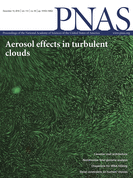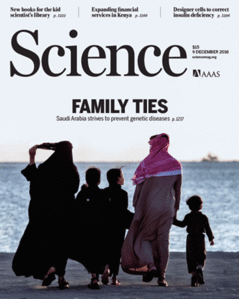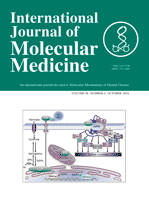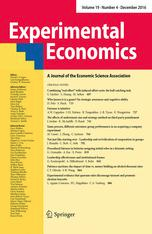 A scientist in Germany has lost two papers that were collectively cited more than 500 times, after an investigation at her former university found her guilty of scientific misconduct.
A scientist in Germany has lost two papers that were collectively cited more than 500 times, after an investigation at her former university found her guilty of scientific misconduct.
The probe into Tina Wenz by the University of Cologne in Germany, her former employer, recommended that six of her papers — which have induced some chatter on PubPeer — should be retracted. One of these papers was pulled by Cell Metabolism last year. Now, Cell Metabolism has pulled another of Wenz’s papers, and she has also lost another study published in the Proceedings of the National Academy of Sciences (PNAS), which was previously corrected.
First, here’s the PNAS retraction notice, issued today: Continue reading Researchers retract two well-cited papers for misconduct









 Every year, academics get thousands of spam emails inviting them to submit manuscripts or attend conferences — but don’t bother asking to “unsubscribe” for Christmas.
Every year, academics get thousands of spam emails inviting them to submit manuscripts or attend conferences — but don’t bother asking to “unsubscribe” for Christmas.